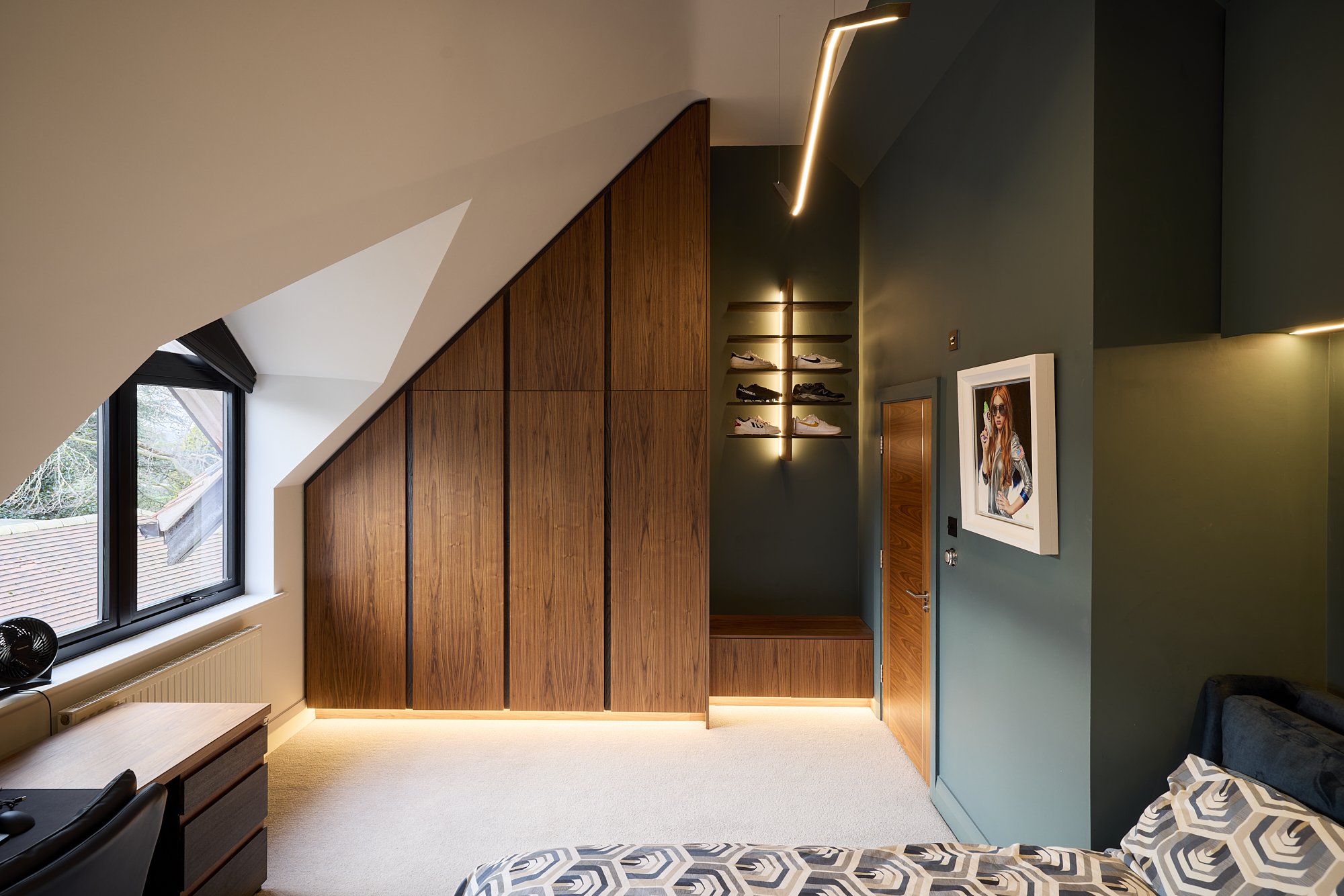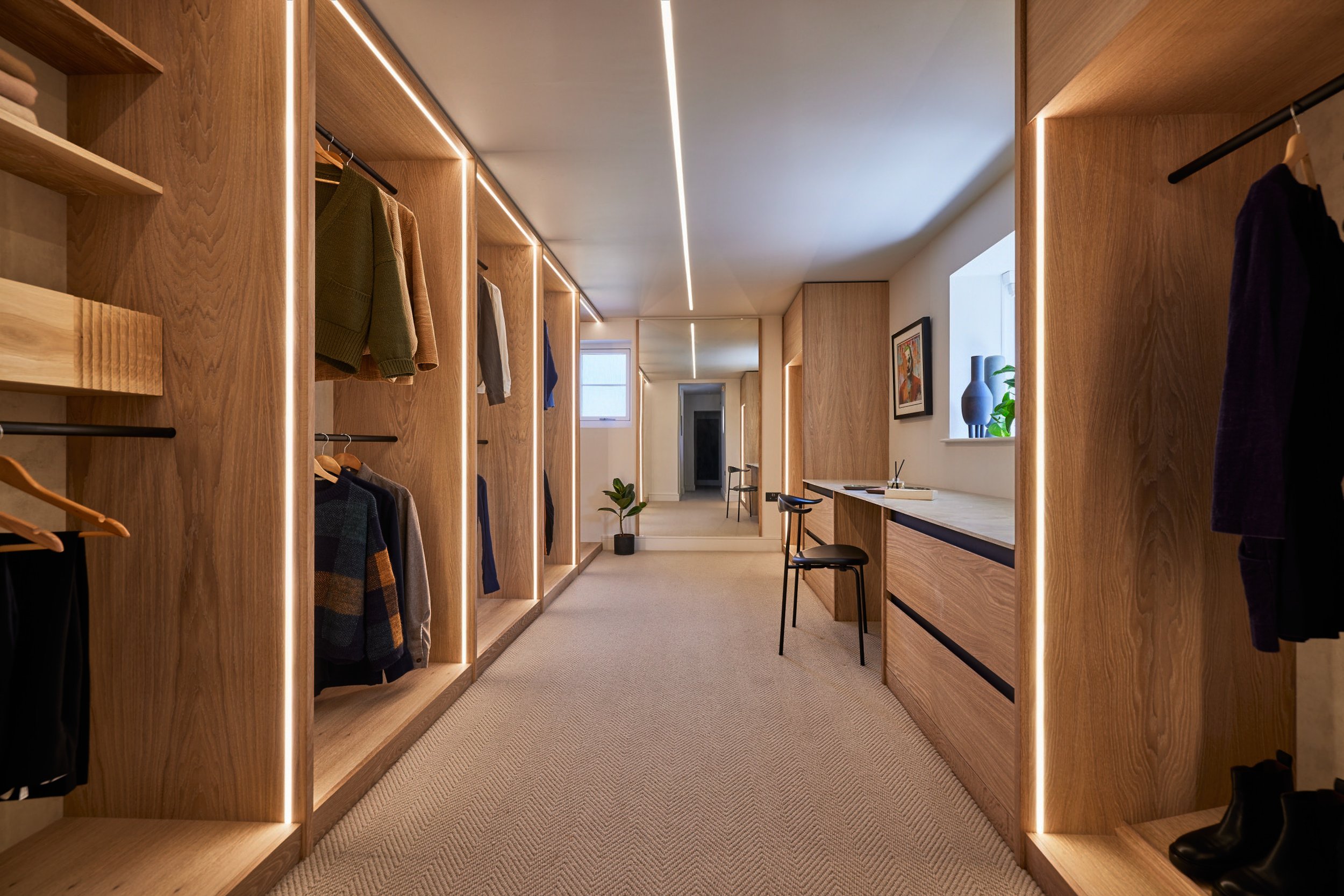The Benefits of Bespoke Furniture: Quality, Craftsmanship, and Design
Are you looking to bring a touch of luxury and individuality into your home? Investing in bespoke furniture might be the answer. In this article, we will walk you through all the factors to consider when choosing bespoke furniture – from the quality of materials and craftsmanship to the design process.

Understanding Bespoke Furniture
Unlike ready-made furniture, bespoke pieces are custom-made to your exact specifications, ensuring that you get a one-of-a-kind piece that perfectly fits your space and style.
Bespoke furniture is all about attention to detail and craftsmanship. It goes beyond simply choosing a design from a catalogue and allows you to work closely with skilled artisans to create something truly extraordinary. Whether it's a handcrafted dining table, a custom-made sofa, or a unique wardrobe, bespoke furniture is an investment in quality and individuality.
The process of creating bespoke furniture starts with a consultation, where you discuss your vision and requirements with the furniture maker. From there, the furniture maker will create detailed plans and sketches, taking into account the dimensions of your space and any specific design elements you desire.
Once the plans are finalised, the skilled furniture makers will bring your vision to life, using their expertise and traditional techniques to create a piece that is not only beautiful but also functional and durable.
The Benefits of Investing in Bespoke Furniture
When it comes to investing in furniture, many people opt for mass-produced pieces due to their affordability and convenience. However, there are several compelling reasons why investing in bespoke furniture is a wise choice.
First and foremost, bespoke furniture offers unparalleled quality. Unlike mass-produced furniture, which is often made using lower-quality materials and assembly-line techniques, bespoke furniture is crafted with the utmost care and attention to detail. Skilled furniture makers use only the finest materials, such as sustainably sourced hardwood or premium upholstery fabrics, to create furniture that is not only beautiful but also built to last.
Another major benefit of investing in bespoke furniture is the level of customisation it offers. With ready-made furniture, you are limited to the options available in stores. However, with bespoke furniture, you have the freedom to choose every aspect of the design, from the dimensions and shape to the materials and finishes. This level of customisation ensures that the furniture perfectly fits your space and complements your existing decor.
Moreover, investing in bespoke furniture is an investment in sustainability. Quite often, bespoke furniture makers prioritise sustainability by using responsibly sourced materials and minimising waste.
At Boyes Design, we’re no different, every piece of material is carefully chosen with the environment in mind. You can learn more about our environmental efforts by heading to our sustainability page.
Factors to Consider when choosing Bespoke Furniture
Firstly, think about your specific needs and requirements. Consider the purpose of the furniture and the space it will occupy. Are you looking for a dining table that can accommodate a large family or a compact desk for a home office? Understanding your needs will help you communicate effectively with the furniture maker and ensure that the final piece meets your expectations.
Next, consider the style and design of the furniture. Do you prefer a traditional, timeless design or something more contemporary? Look for inspiration in magazines, online platforms, or even in your existing decor. Collect images and create a mood board to help decide your design preferences to the furniture maker. A clear vision will help them understand your aesthetics and create a piece that aligns with your style.
When choosing materials, prioritise quality and sustainability. Opt for responsibly sourced hardwoods, such as oak or walnut, for wooden furniture. For upholstery, choose durable fabrics that are resistant to wear and tear. Discuss the options with the furniture maker and ask for recommendations based on your preferences and lifestyle. Remember, quality materials will ensure that your furniture stands the test of time.
Lastly, consider your budget. Investing in bespoke furniture can be more expensive than buying ready-made pieces. However, it's important to remember that you are paying for the craftsmanship, quality, and exclusivity that bespoke furniture offers. Set a realistic budget and communicate it clearly to the furniture maker. They will be able to guide you on what is achievable within your budget and suggest alternatives if necessary.
The craftsmanship behind bespoke furniture
One of the hallmarks of craftsmanship in bespoke furniture is the use of traditional techniques. Whether it's hand-carving intricate details, creating dovetail joints for strength and durability, or applying hand-rubbed finishes, skilled artisans bring a level of craftsmanship that cannot be replicated by mass-produced furniture. The attention to detail in bespoke furniture is unparalleled.
Skilled furniture makers meticulously plan every aspect of the furniture-making process, from the selection of materials to the finishing touches. They take pride in their work and strive for perfection in every joint, surface, and curve. This level of attention to detail ensures that every piece of furniture is not only visually appealing but also functions flawlessly.
Investing in bespoke furniture is not just about owning a piece of furniture; it's about supporting and celebrating the artistry of skilled furniture makers. See our recent interview with bespoke furniture maker Nigel Briggs.
Budgeting for bespoke furniture
While the cost of bespoke pieces can vary depending on the complexity of the design and the materials used, it's important to have a clear understanding of what you're willing to spend. This will help you narrow down your options and ensure that you're getting the best value for your money.
One of the advantages of bespoke furniture is that you have full control over the materials used. From sustainably sourced hardwood to premium upholstery fabrics, the choice is yours. However, keep in mind that the quality of materials will impact the overall cost of the piece.
It's important to strike a balance between your desired materials and your budget.
Additionally, don't forget to consider other factors such as delivery and installation costs. Bespoke furniture often requires specialised handling and installation, so it's important to factor these expenses into your budget.
By setting a realistic budget, you can ensure that you're making an informed investment.
Maintaining and Caring for Bespoke Furniture
Investing in bespoke furniture is not just about the initial purchase; it's also about ensuring that your pieces stand the test of time. Proper maintenance and care are essential to keep your furniture looking its best for years to come.
Different materials require different cleaning and maintenance techniques, so make sure to familiarise yourself with the recommended guidelines provided by the furniture maker.
This will help prevent any damage that could occur from using the wrong cleaning products or techniques.
Regular cleaning is also crucial to maintain the beauty of your bespoke furniture. Dusting and wiping down surfaces with a soft cloth can help remove dirt and prevent it from building up over time. For upholstered pieces, vacuuming or spot cleaning can help keep them looking fresh and free from stains.
In addition to regular cleaning, it's important to protect your furniture from excessive sunlight, moisture, and heat. Direct sunlight can cause fading and discolouration, while excessive moisture can lead to warping or mould growth. Using blinds or curtains to block out sunlight, using coasters and placemats to protect surfaces, and maintaining a consistent humidity level in your home can all help preserve the quality of your bespoke furniture.
Final Thoughts
While the cost of bespoke pieces can vary depending on the complexity of the design and the materials used, it's important to have a clear understanding of what you're willing to spend. This will help you narrow down your options and ensure that you're getting the best value for your money.
One of the advantages of bespoke furniture is that you have full control over the materials used. From sustainably sourced hardwood to premium upholstery fabrics, the choice is yours. However, keep in mind that the quality of materials will impact the overall cost of the piece. It's important to strike a balance between your desired materials and your budget.
Additionally, don't forget to consider other factors such as delivery and installation costs. Bespoke furniture often requires specialised handling and installation, so it's important to factor these expenses into your budget. By setting a realistic budget, you can ensure that you're making an informed investment.
If you’re in the process of renovating or redesigning your home or business, get in touch to start your home design journey with us today.
About the Author
Sam Boyes
Sam has worked in electrical, furniture and spatial design for over a decade. He brings a wealth of ideas and experience, setting the tone of a team that really cares about creating the most long-lasting and quality solution to whatever challenge is presented to them. Sam’s attention to detail, holistic approach to design, and efficient project management sets Boyes Design apart.







